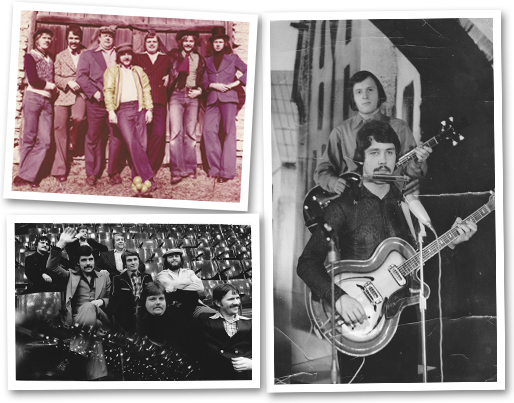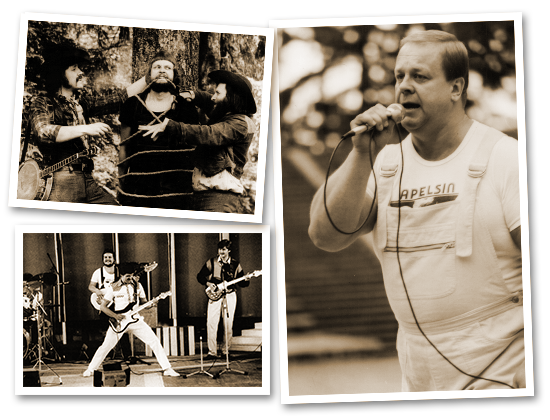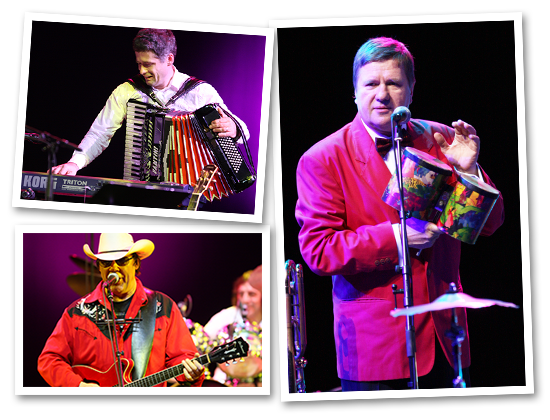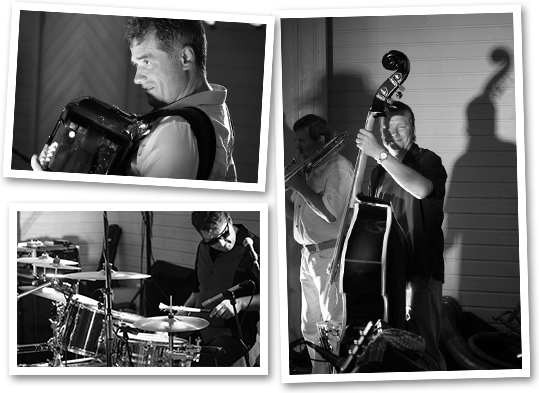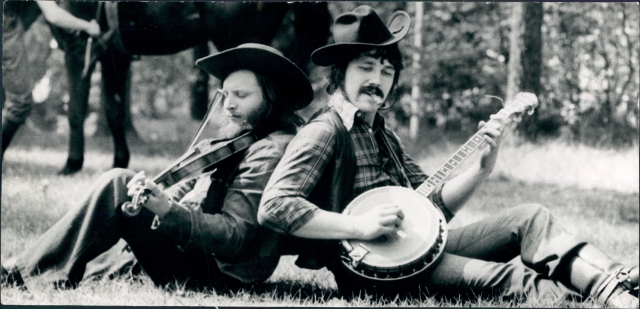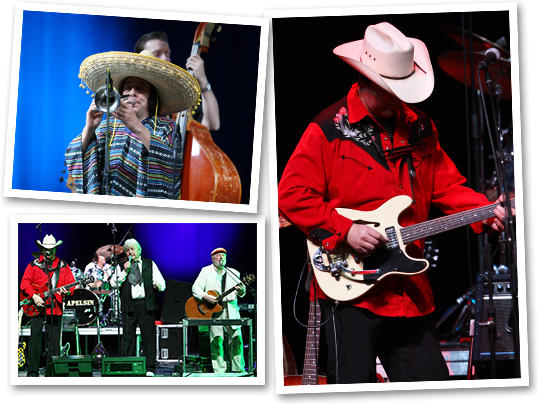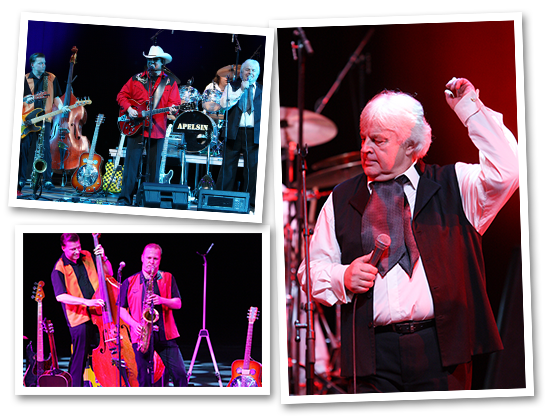The APELSIN band was formed in 1974 in Tallinn, Estonia. Original membership consisted of Tõnu Aare, Jaan Arder, Ants Nuut, and Harry Kõrvits.
The name of the group – APELSIN was “invented” by Tõnu Aare. In translation the name means the fruit orange. Indeed, during the Soviet times was orange available only once a year – some days before the New Year. Everybody liked it, both young and old. It is tasty, juicy, with yummy smell. It is beautiful and cheerful ... creates a nice mood for the party.
The birthday of the Apelsin can be considered the 11th May 1974 - the band’s first occurrence in Mati Talvik’s popular television show "Saturday Evening". The day after Tõnu Aare was sent to the army to Siberia. He returned in the summer of 1975. Gunnar Kriik, Ivo Linna and Mati Nuude were added to the first string. Started the success, which has lasted until to the present day. Many thanks to the audience and the fans. Also we are grateful to all musicians and all other participants who have supported us for 40 years, have given their best.
